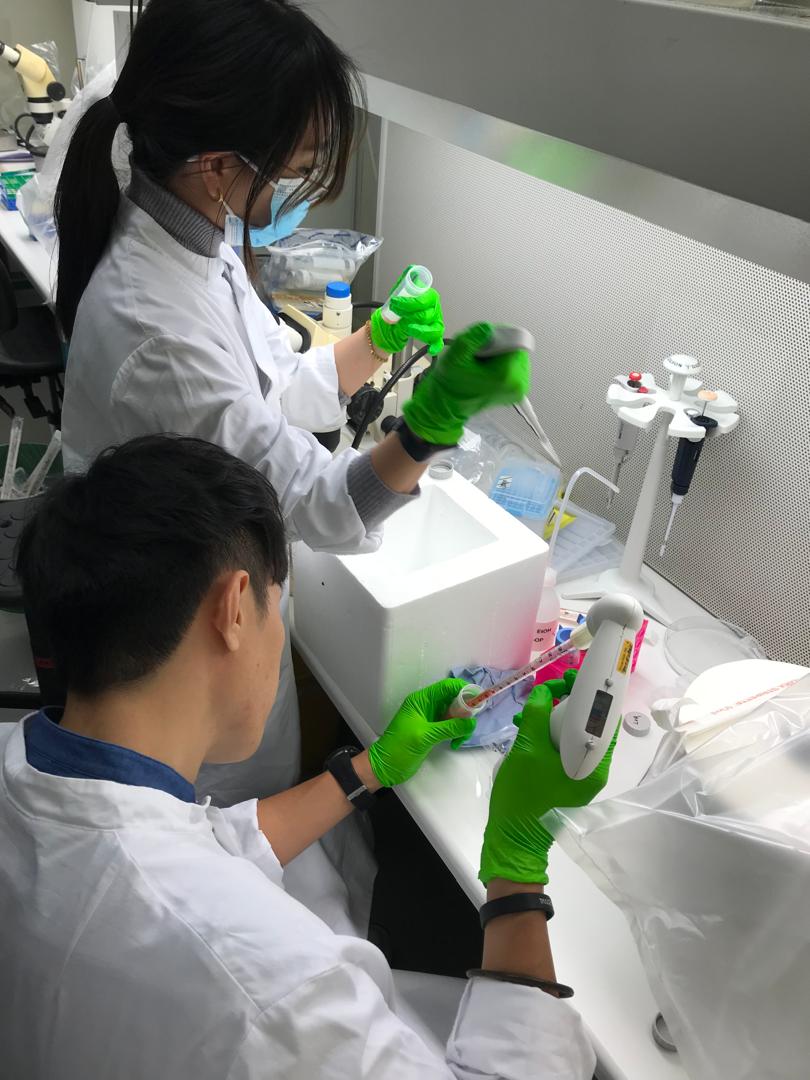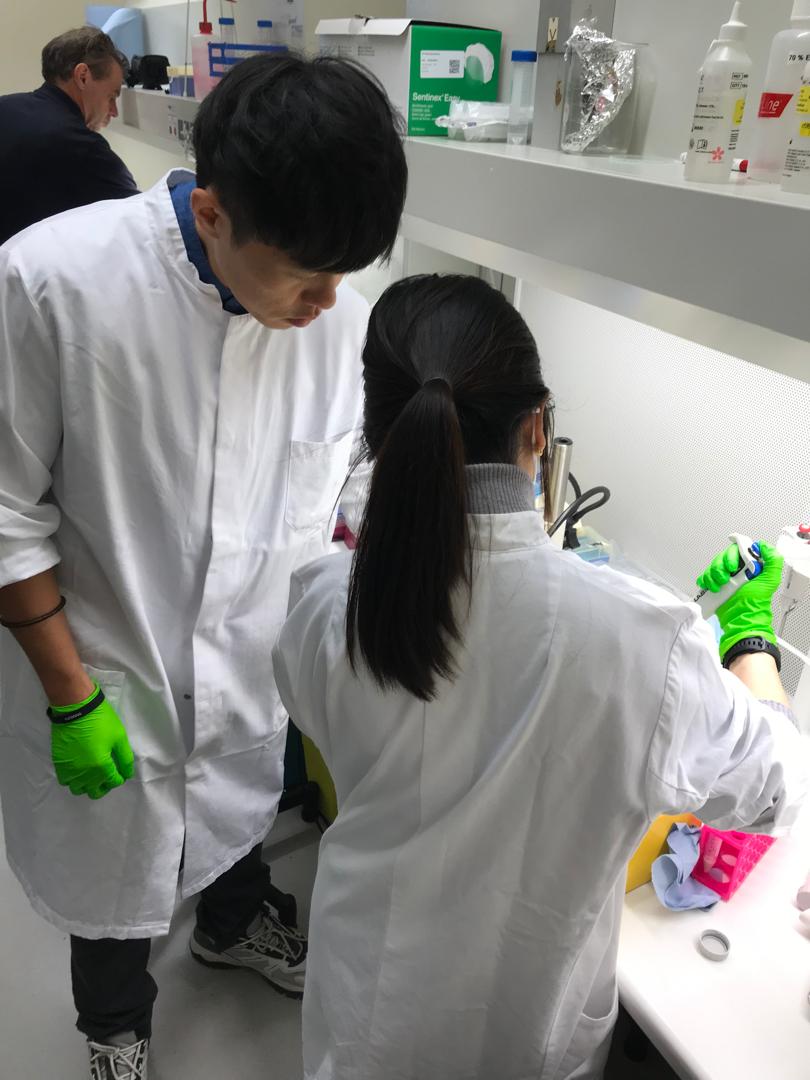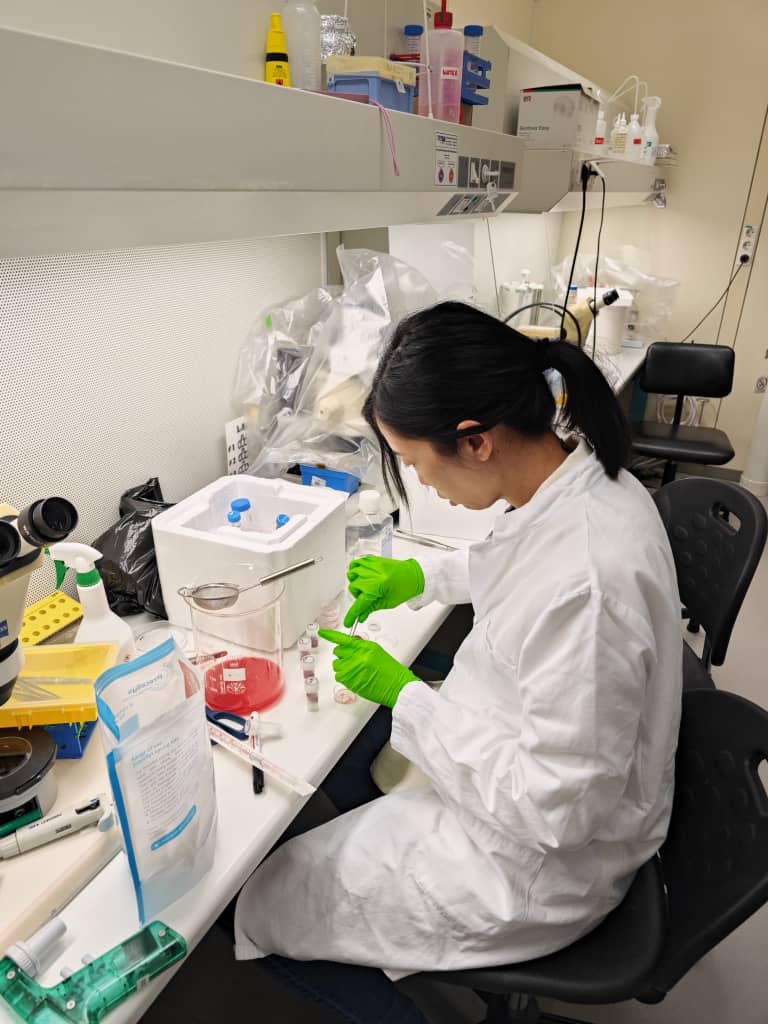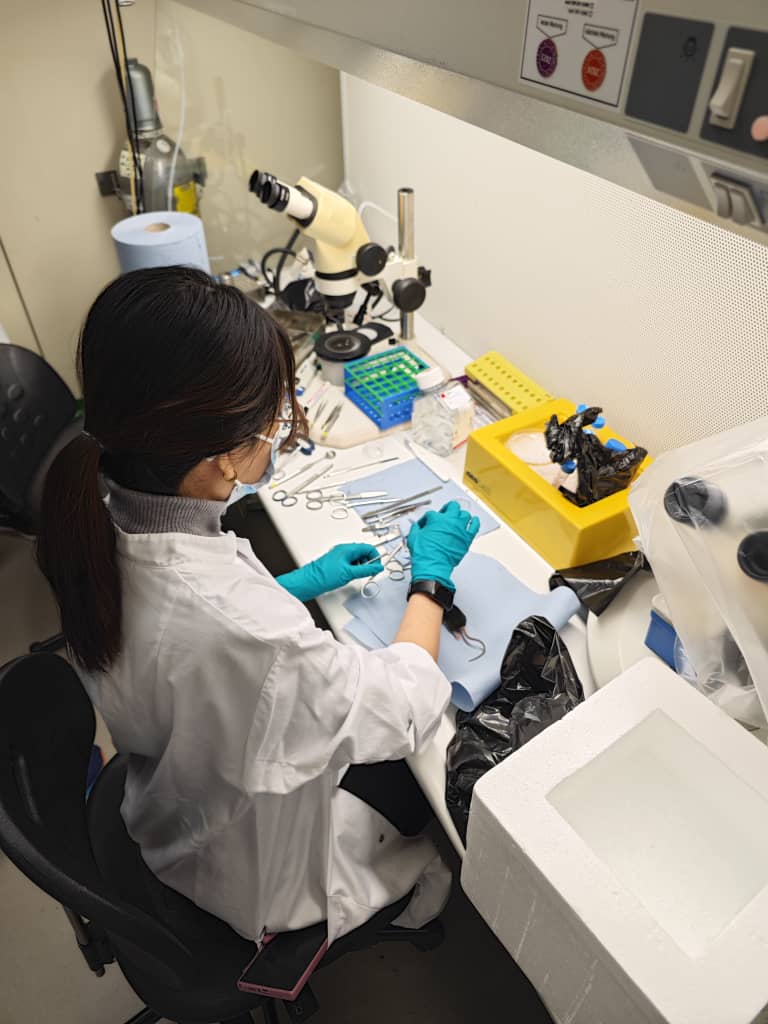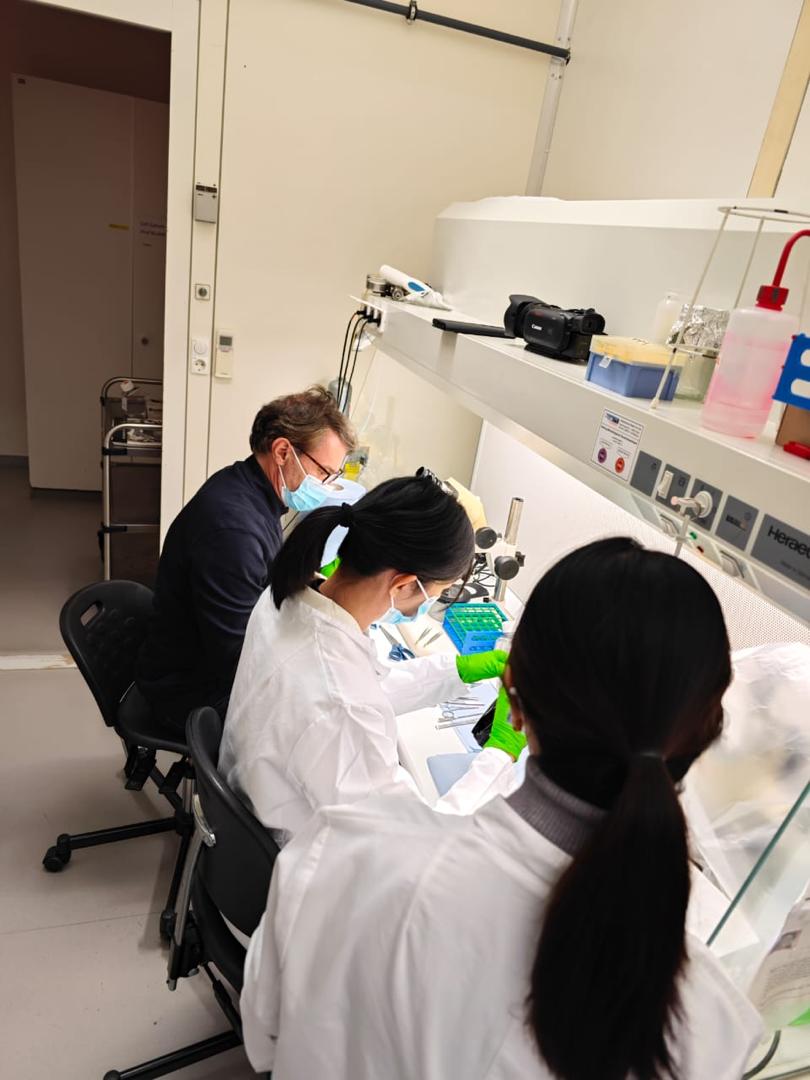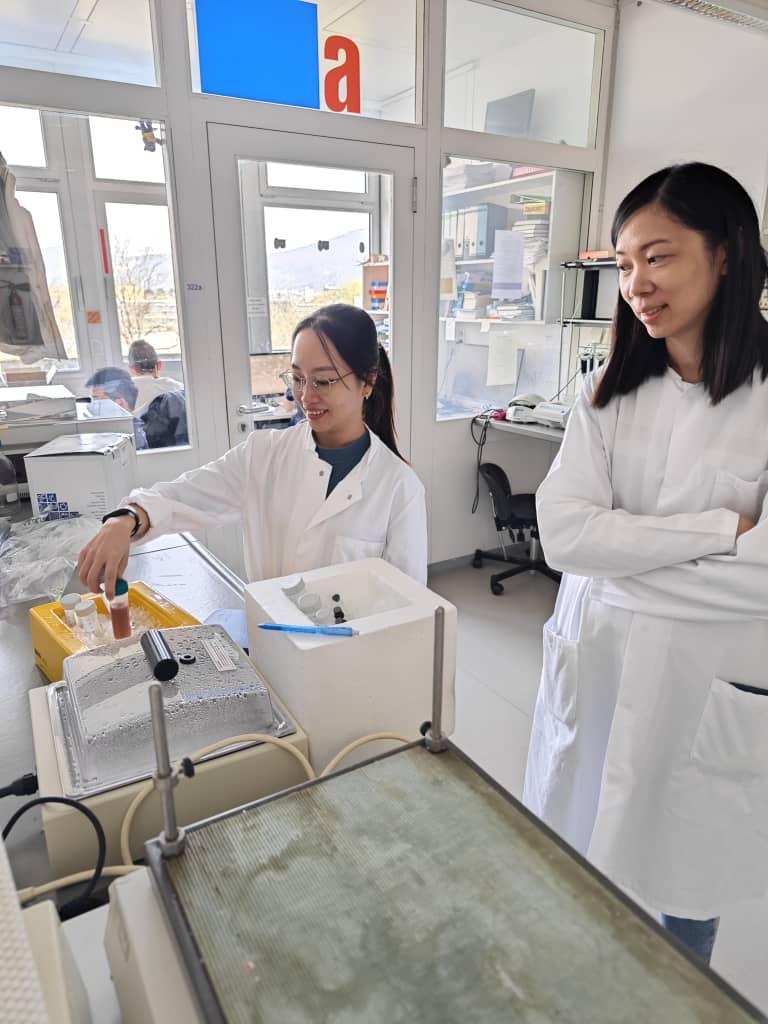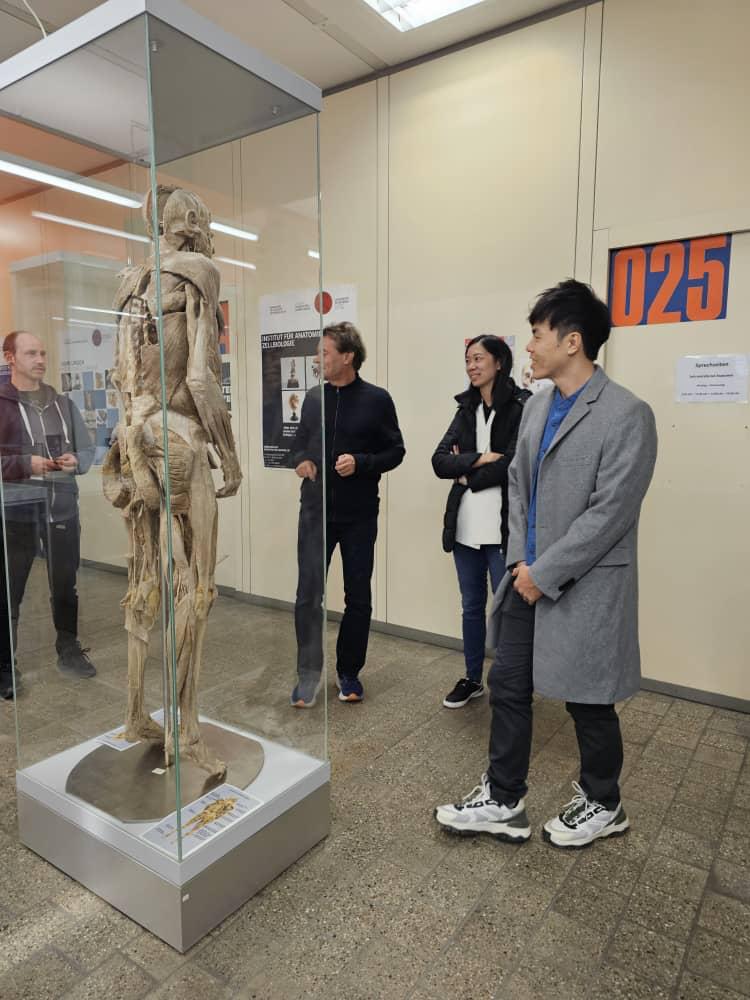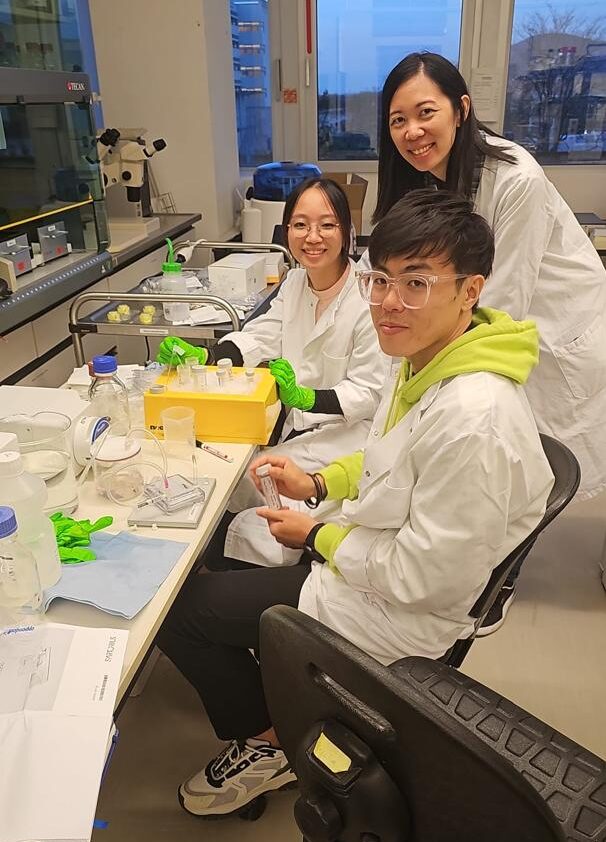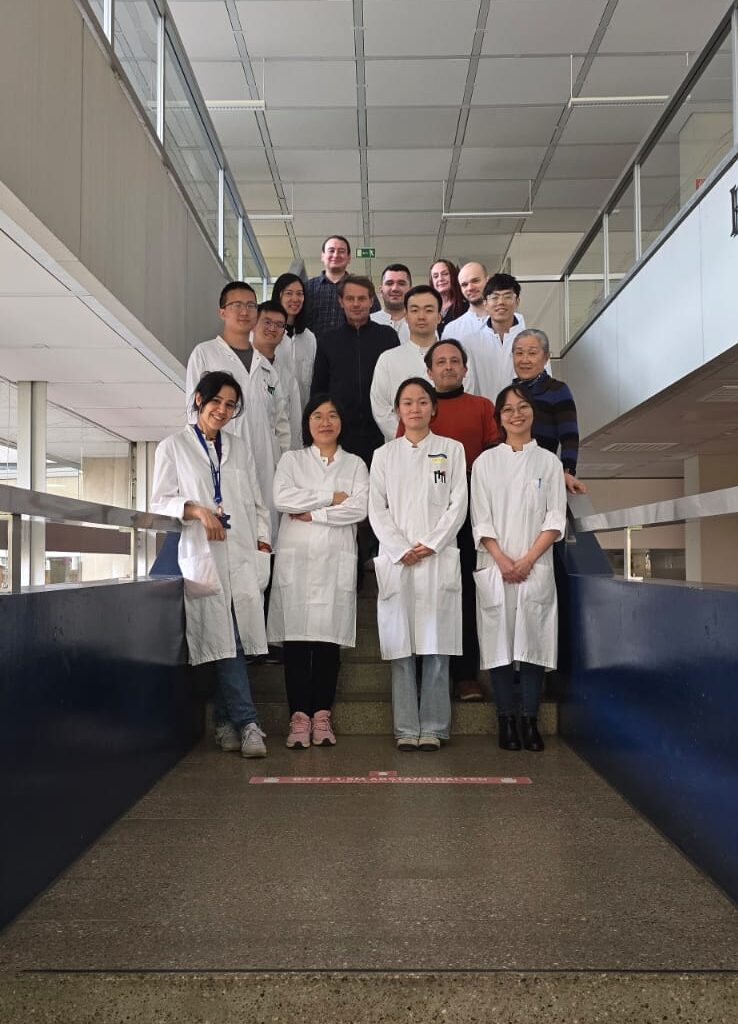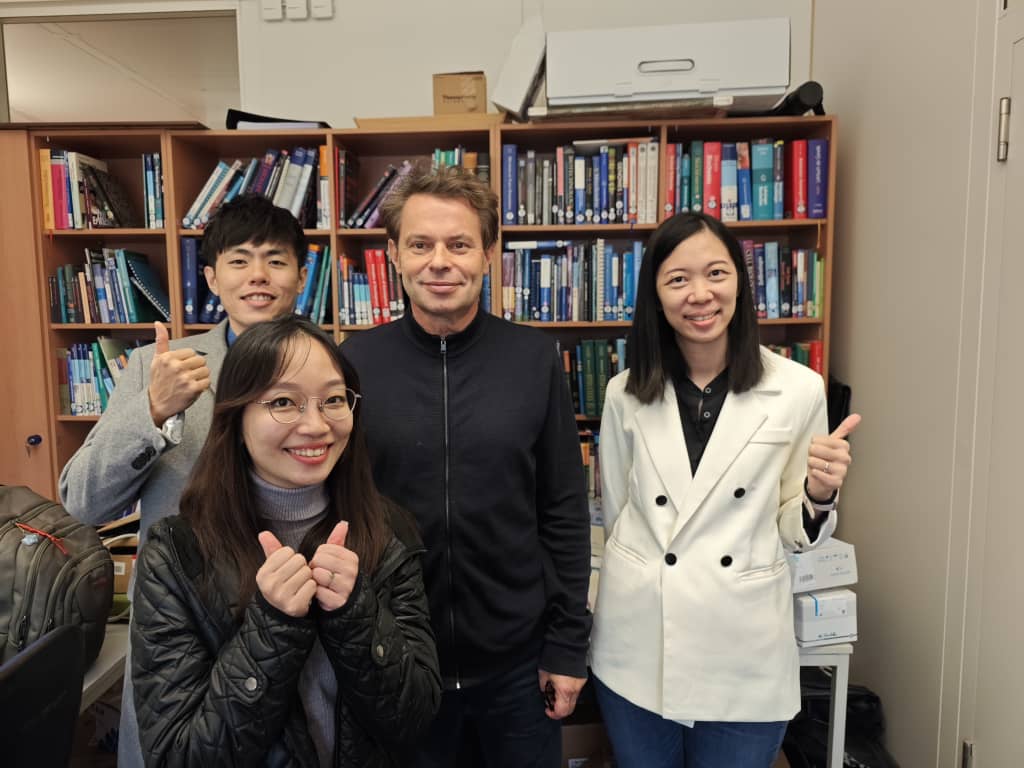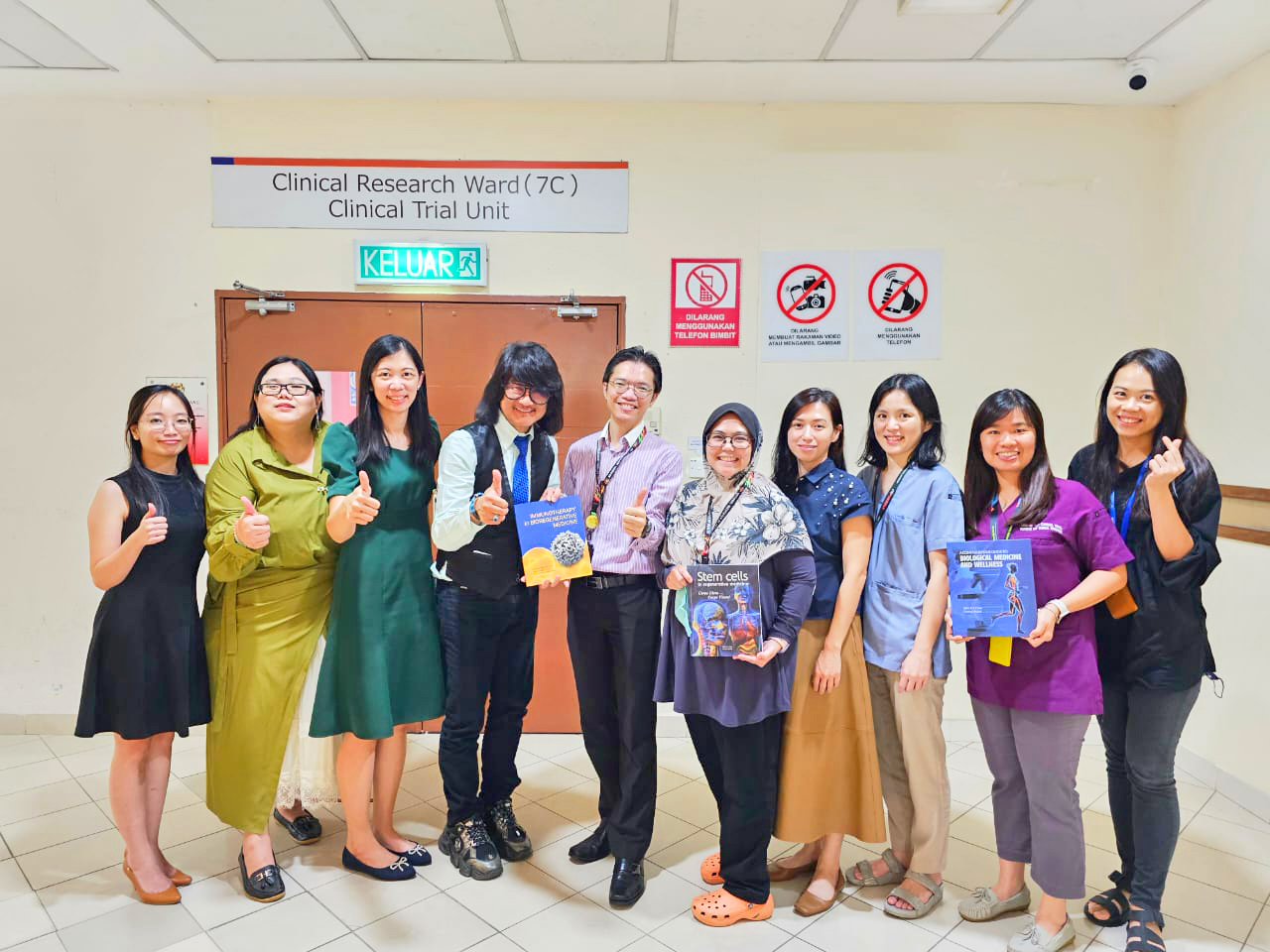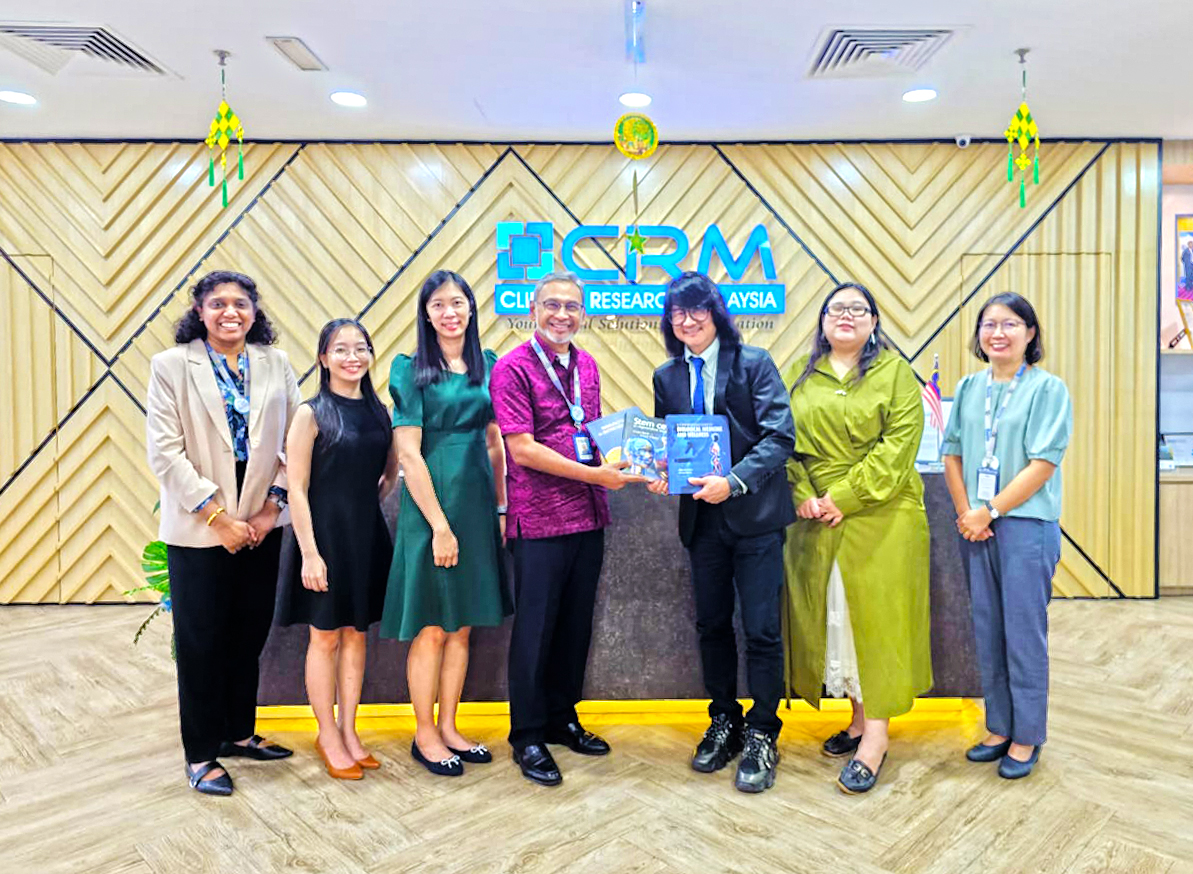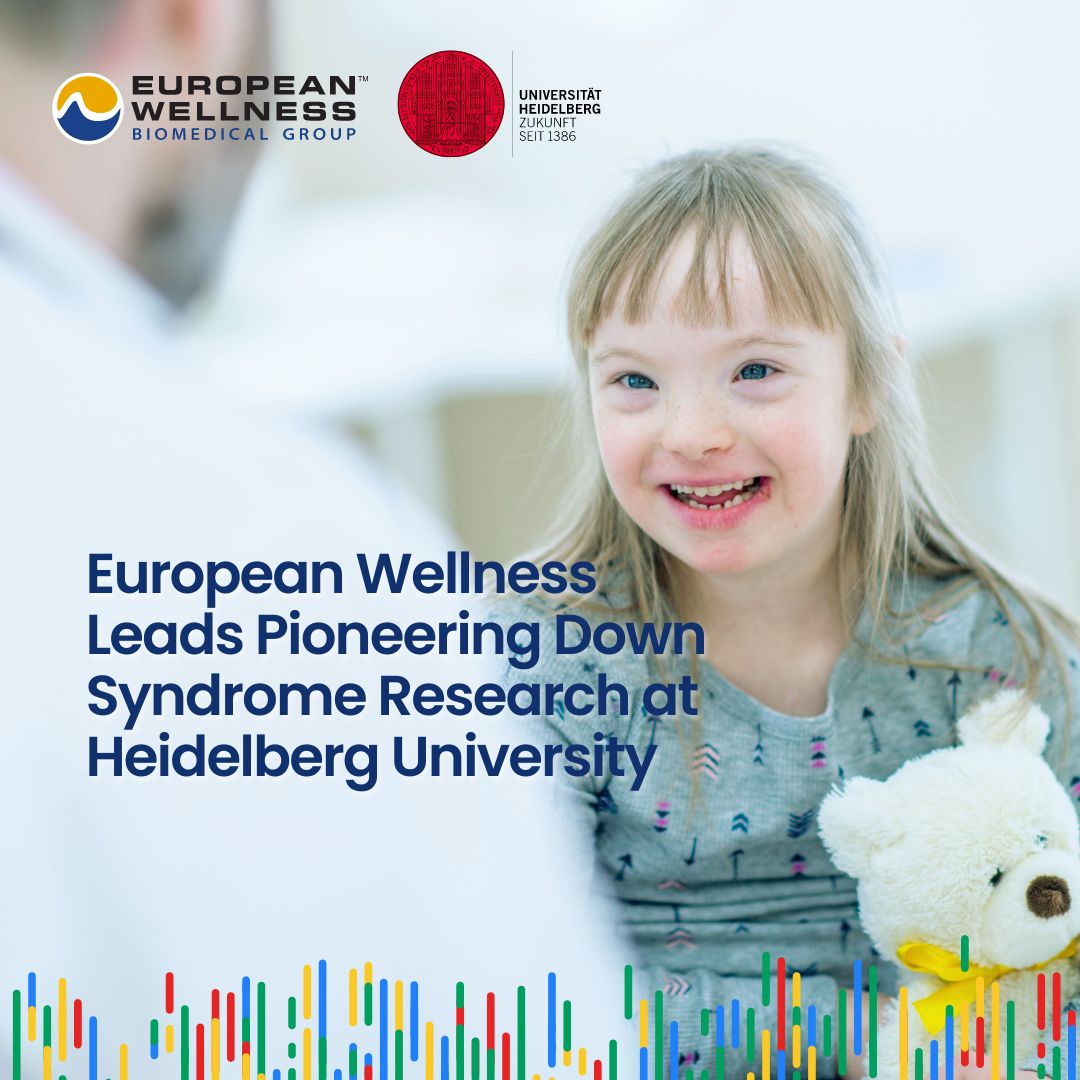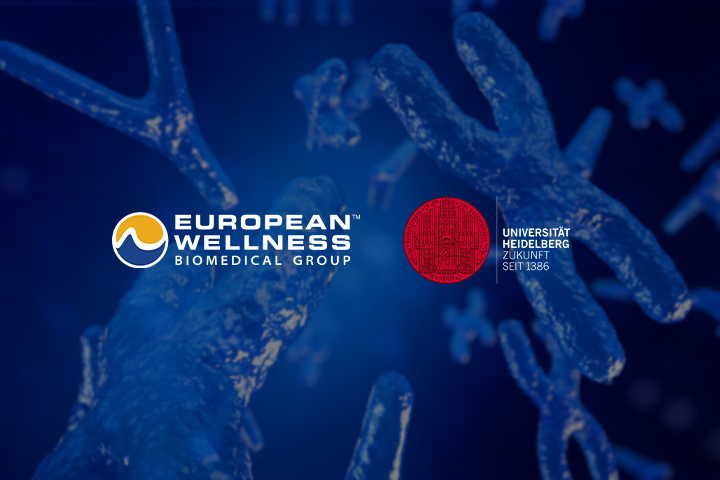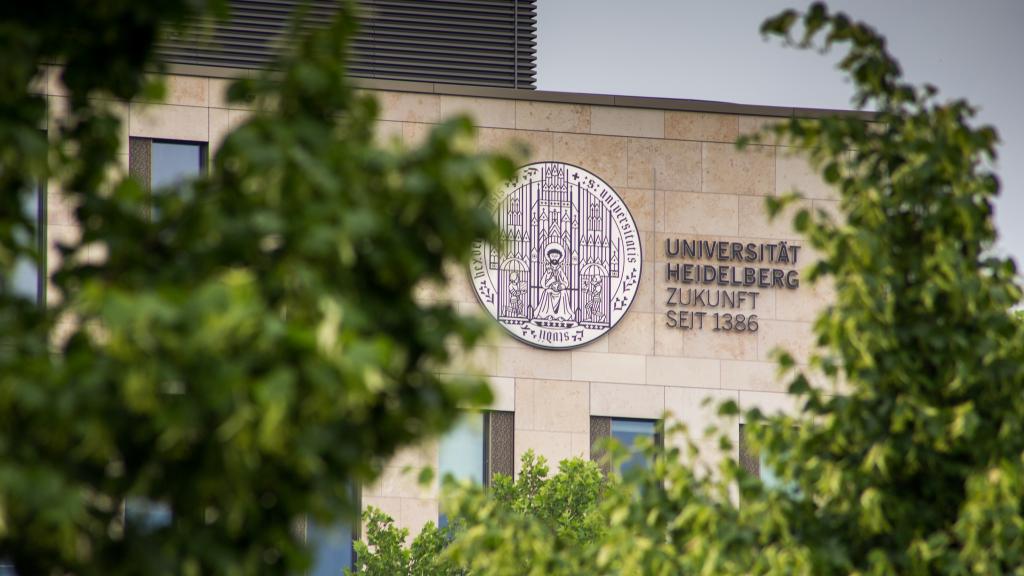European Wellness continues to collaborate in a significant scientific partnership with the Baden Research Laboratory and the Department of Neuroanatomy at the Institute for Anatomy and Cell Biology, Heidelberg University, Germany!
We have been sending a huge part of our research and development team, including our highly-esteemed scientists to Heidelberg University to continue conducting joint research on protein-extraction, precision in stem cells, peptides, and exosomes in regenerative medicine.
This is part of a continuing educational-effort between European Wellness Biomedical Group (EWBG) and Heidelberg University, collaborating, hence marking a major step forward in shared commitment to scientific discovery and innovation.
With high hopes to jointly-discover cures for neurodegenerative illnesses, including Dementia, Alzheimer’s and Parkinson’s diseases, as well as neurodevelopmental diseases such as Down Syndrome, Autism, Cerebral Palsy, and Global Developmental Delay, we have seen stable and consistent progress.
Extensive discussion was held during our stay in Heidelberg from March 18-22, 2024, to lay down a roadmap for our collaborative research endeavour.
These discussions serve as cornerstone for our collaborative efforts, ensuring that we are all on the same page and prepared to face the scientific challenges that lie ahead.
A key aspect of this visit includes exchanging research ideas and approaches with esteemed colleagues and post-graduate students under the leadership of Prof. Dr Thomas Skutella, fostering collaborative atmosphere and exploration of new ideas and perspective to advance our research work.
Our partnership focuses on perfecting the protein extraction procedure, which is a critical step toward improving our research capacity.
By improving this technique, we want to produce more precise and dependable results which will have a substantial influence on our current and further extensive research work on.
The laboratory works have even extended into the fascinating field of Precursor Stem Cells/Progenitor Exosome, Mito Organelles, and Nano Organo Peptides. The brief expose on the isolation of exosomes has sparked our keen interest in further research, given the promising therapeutic potential exosomes hold.
The team also visited and toured Heidelberg University’s cutting-edge animal facility. This visit provided an opportunity to gain valuable insights into the latest trends in animal behavioural models for Alzheimer’s disease research.
Beyond the current focus area, we are enthusiastic to uncover and pursue other potential new research avenues throughout our partnership.
By discovering and developing new lines of study, we hope to pave the path for future discoveries that will have a profound impact on human health.
Stay tuned for our exciting quest to push the limits of scientific discovery and innovation! 🚀🔍
